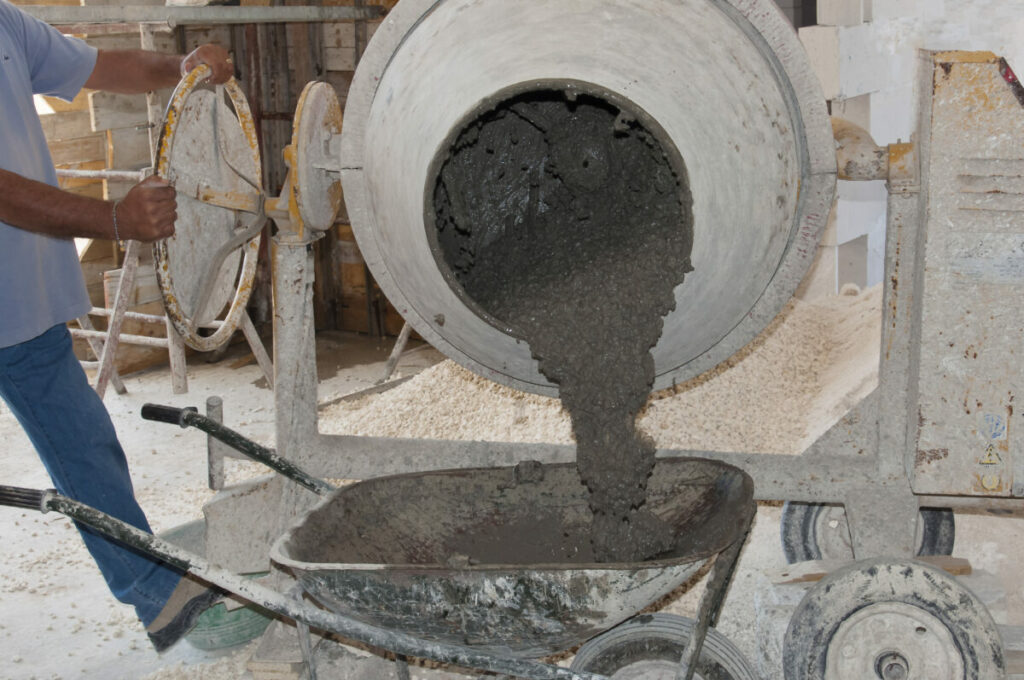Environmental law charity ClientEarth recently failed in its bid to proceed with its case against Shell, claiming that the energy firm cannot achieve net zero goal with its current strategy.
Allegations that Shell’s directors were in breach of their duties for failure to adopt a reasonable net zero transition plan were overturned by the High Court, which refused to give permission for the charity to bring a case against Shell.
ClientEarth’s case, which had initially been rejected earlier in the year, argued that Shell’s climate strategy was insufficient and will not allow the business to meet its net zero goal of 2050.
Matthew Caples, associate of commercial litigation at Stewarts considers what this defeat means for the future of climate-related litigation in the UK?
The impact of the legal judgment

Firstly, it must be noted that this was a shareholder claim against a company, as ClientEarth owns 27 shares in Shell. This is just one type of legal claim which can rely on climate issues and as such, the outcome of this case will not necessarily impact on the success of other types of climate litigation being pursued.
For example, claims against the government relating to its environmental policies or claims against large polluters seeking damages for victims of environmental disasters are considered separately.
But in terms of the potential for similar activist-based shareholder claims, the ClientEarth vs Shell judgment is significant. Known as a ‘derivative’ claim, where a shareholder steps into the company’s shoes to bring a claim belonging to the company, it only be brought with the court’s permission and where it can be shown that – on the face of it – there is sufficient evidence to support the case.
ClientEarth has twice failed to obtain such permission to bring a claim for Shell’s directors’ breaching their duties.
On the one hand, the case can be seen as providing hurdles for shareholders. On the other, it has clarified what the court will expect from prospective claimants when seeking permission to bring such claims.
One of the key reasons for ClientEarth’s failure was a lack of evidence, specifically expert evidence, to support its position that Shell’s climate strategy could never achieve the targets set.
Expert evidence is typically expensive and specialist, especially in derivative claims – cases alleging a director has breached their duty. This, coupled with the court’s reluctance to interfere with the complex decision-making of boards of directors, may have a prohibitive effect on shareholders seeking the kind of permission sought by ClientEarth in the future.
Subscribe to Sustainability Beat for free
Sign up here to get the latest sustainability news sent straight to your inbox every day
The decision will likely be appealed again and so the current position could still change.
Regardless of the outcome, the inequality between the typical NGO shareholder activist and the corporates they target might mean a shareholder with limited resources who decides not to put in their own expert evidence could then be faced with expert evidence which tips the balance in the corporate’s favour.
While this point is specific to derivative claims due to the requirement for permission, the inequality will almost always exist.
A wider point of concern might also be the scepticism the court has expressed in relation to the motives of shareholder activists in bringing claims against Shell. While probably less relevant for non-derivative claims, the court’s view that ClientEarth might not, in good faith, be acting in the best interests of the shareholders as a whole may indicate a wider scepticism among the judiciary of the use of litigation by shareholder activists.
What next for climate litigation?
The case is not likely to stop climate litigation being brought by activists, but NGOs will no doubt be considering whether a change of tack is needed. Climate litigation in the UK is in an early phase, so even a few further claims will mark a growth.
If the next shareholder claimant in this type of action were to come armed with appropriate expert evidence, the good faith point should be all that is left for them to overcome.
In any event, it remains to be seen whether expert evidence which shows a director’s decision fell foul of the relevant test (concerning directors duties under s.172 of the Companies Act 2006) will counter the good faith point.
Would a court suggest a shareholder was not acting in the best interests of the shareholders as a whole if (having provided expert evidence to show the director failed in their duty) they also have expert evidence showing the decisions made by a director might reasonably cause loss to the company? It could be that having appropriate expert evidence actually answers both the evidential and good faith points.
It’s worth remembering this litigation isn’t over. If the Court of Appeal gives judgment, it will set a precedent to be followed. The court’s decision can then be viewed as providing clarity in respect of the evidential requirements, which, if followed, ought to improve the prospects of the next similar attempt by a shareholder activist.
This may not be the desired outcome for ClientEarth specifically or shareholder activism in general. Yet it might just prove to have been a necessary stepping-stone in finding future success and encourage other activists to be creative in how they pursue shareholder claims.















